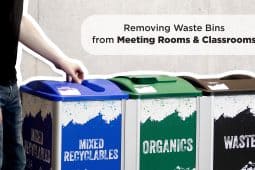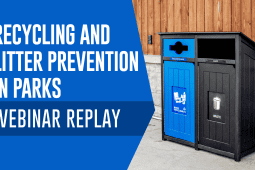What is a Low Carbon Economy (LCE)?
August 10, 2016
A low carbon economy is a system that aims to minimize its output of greenhouse gasses while functioning as a typical economic program. This structure has become the long-term goal of countries who are trying to reduce the effects of global warming. The move toward low-carbon economies began with the signing of the Kyoto Protocol, which called on nations to reduce their carbon emissions, and has continued with the Paris agreement in 2015.
The question that arises for policymakers is how they are going to be able to balance economic growth with reduced emissions. Many economists suggest the best course of action would be a gradual shift away from fossil fuels while putting a tax on carbon. That way consumers and businesses will have an incentive for changing their consumption behavior.
—
Other Sources
Beinhocker, Eric and Jeremy Oppenheim. “Economic Opportunities in a Low-Carbon World. United Nations Framework Convention on Climate Change. http://unfccc.int/press/news_room/newsletter/guest_column/items/4608.php. Accessed August 10, 2016.
Hodgson, Glen. “How to Define a Low Carbon future for Canada and the World.” The Conference Board of Canada. http://www.conferenceboard.ca/press/speech_oped/16-01-15/how_to_define_a_low-carbon_future_for_canada_and_the_world.aspx. Accessed August 10, 2016.










